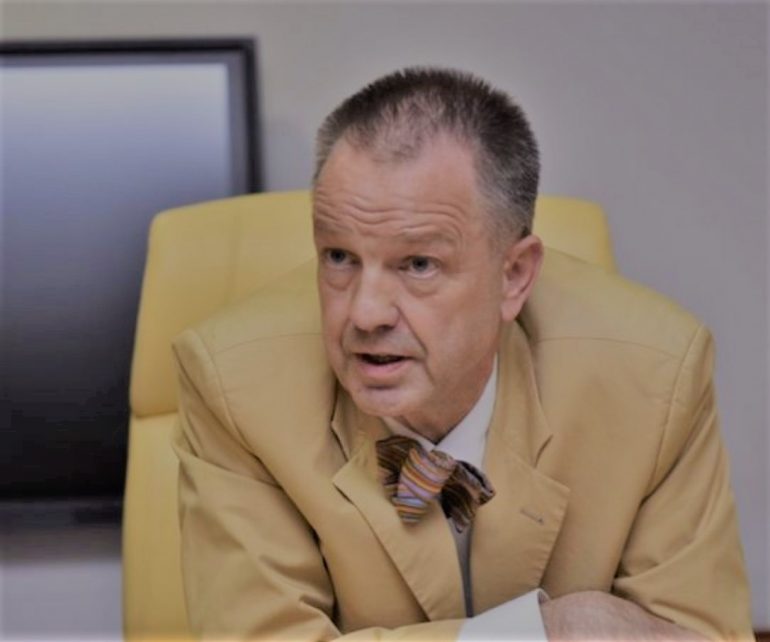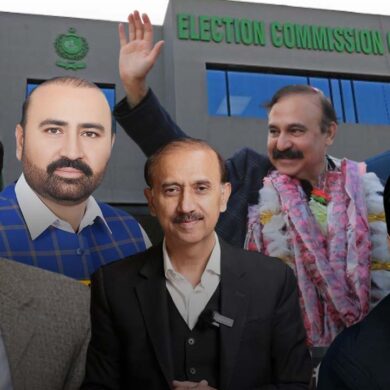Bernhard Schlagheck Germany’s ambassador remarked on Twitter on Monday (23 August) that It would not be possible to evacuate German people and local personnel from Afghanistan with European friends without Pakistan’s help.
A brief message of thanks was written by the German envoy to Pakistan, thanking them for their excellent cooperation at the Islamabad airport.
When it comes to foreign people stranded in Kabul after the Taliban took power, the Pakistan Embassy is open 24 hours a day.
As a result of these efforts, the world community has praised Pakistani authorities for their assistance to diplomats and international officials. Dutch PM Mark Rutte and Danish PM Mette Frederiksen also praised Pakistan’s assistance in helping the evacuation during their phone conversations with PM Imran Khan last week.
After the Taliban took control of the country a week ago, Germany warned its residents in Afghanistan to stay away from Kabul airport because of security dangers.
A new government is being formed by the Taliban, who swept across Afghanistan after US-led forces withdrew after two decades, leaving behind a collapsed government and military.
Over the past week, the airport has been increasingly crowded in the heat and dust of the day, impeding operations as the United States and other nations strive to evacuate thousands of diplomats and civilians, as well as many Afghan citizens. They’ve pressed themselves up against concrete blast walls as they try to escape out of the jam.
In a recent statement, the Taliban asked anyone lacking travel documents to return to their homes. As of last Sunday, when the Taliban seized control of Afghanistan, at least 12 people have been murdered on and around the single-runway airstrip, according to NATO and Taliban officials.
In an email, the German Embassy informed its nationals that Taliban soldiers were enforcing more severe regulations in their near vicinity.



